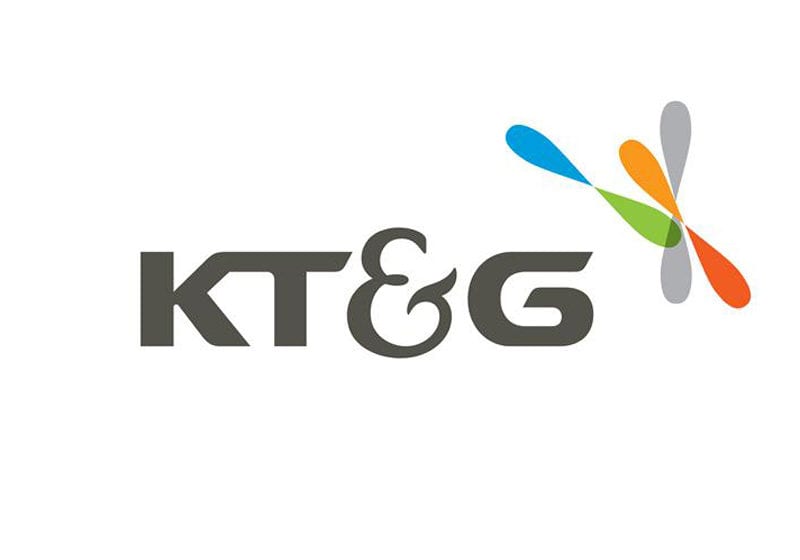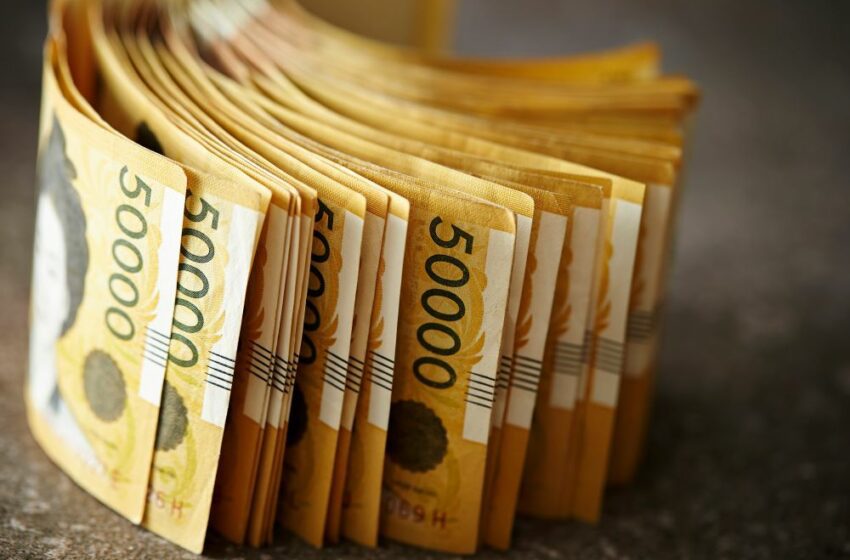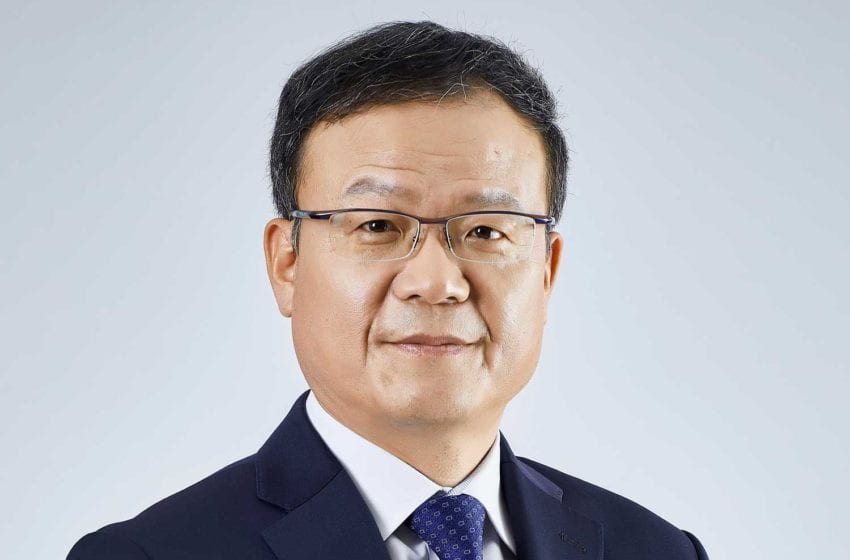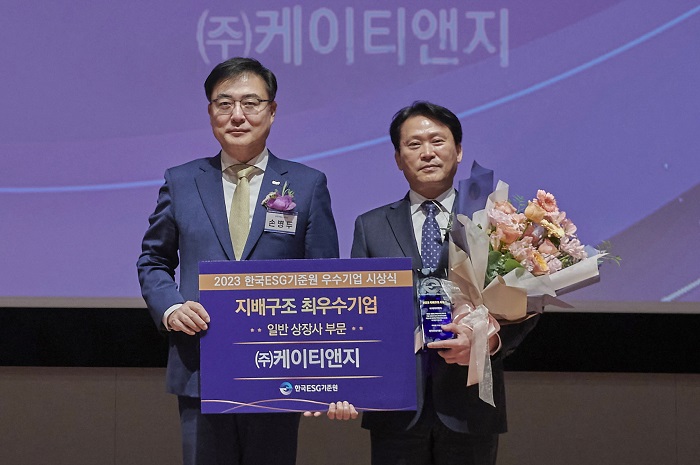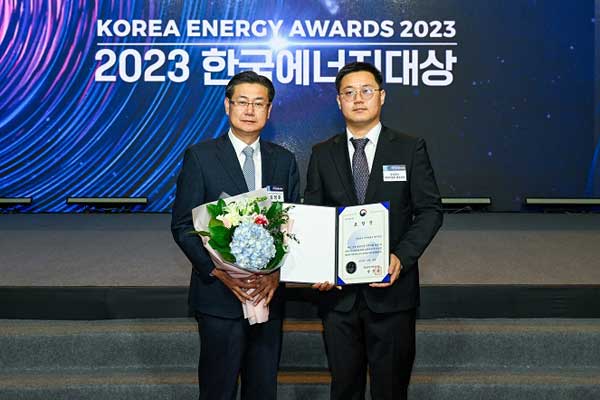The CEO will be officially appointed at the annual meeting in late March.Read More
Tags :KT&G
Its performance was boosted by strong sales in its overseas combustibles business. Read More
The new CEO will be appointed after the annual general meeting of shareholders.Read More
The early payments aim to help alleviate partner company burdens.Read More
The South Korean firm has released a long-list of candidates for the position. Read More
The company says it is committed to a transparent, impartial and objective selection procedure. Read More
The board should take its time, and there should be more than one candidate, says FCP. Read More
It plans to further strengthen the board’s independence, expertise and diversity.Read More
The company’s Yeongju plant has reduced its impact by 437 tons of oil equivalent.Read More
KT&G will buy KRW1 trillion in shares to cancel and distribute KRW1.8 trillion cash dividends.Read More

